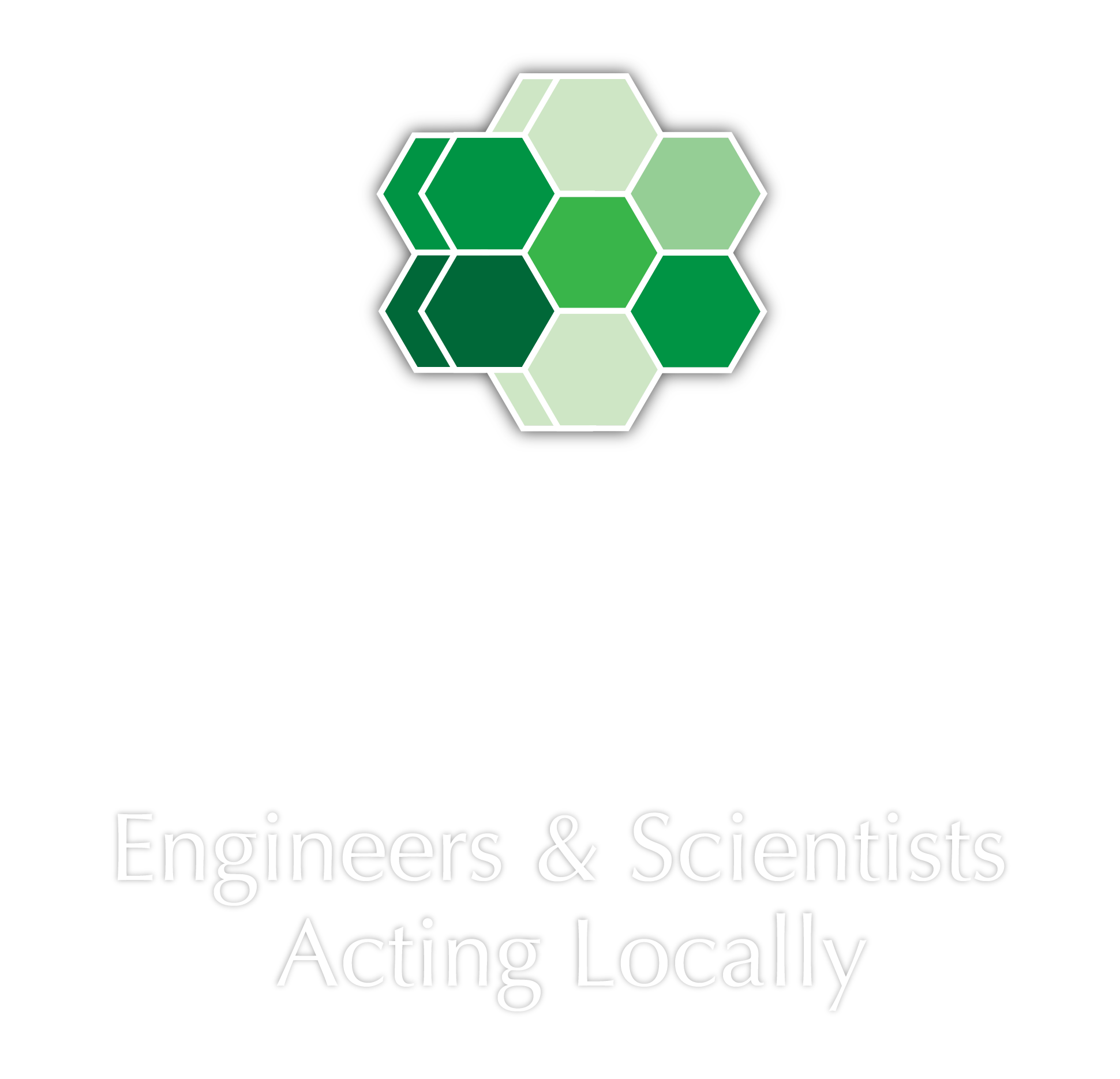On October 2, 2025, ESAL hosted a virtual panel event titled “Imagining Scientific Futures: Opportunities & Hope in Difficult Times.” ESAL brought together people who think deeply about how science is done and discuss the challenges and opportunities to meet the current moment and renew a relationship between science and society.



